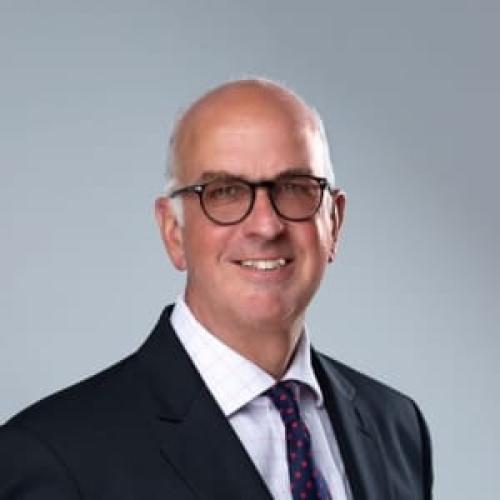
Alan Beynon
Leader
SenseHub Poultry, MSD Animal Health
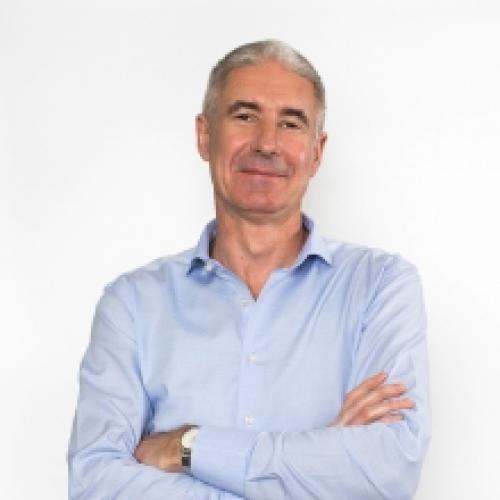
Gerald Behrens
Global Head of Ruminants
Boehringer Ingelheim
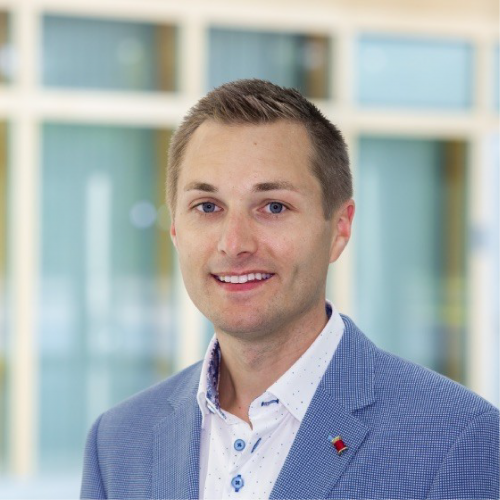
Jan Spaas
General Manager
Boehringer Ingelheim Veterinary Medicine Belgium
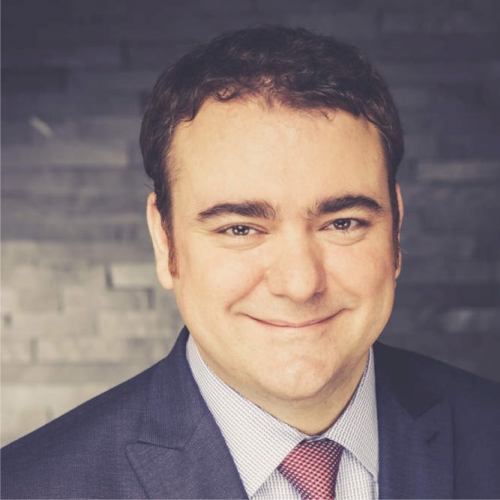
Robert Hof
Head of Digital & GSM Excellence
Boehringer Ingelheim
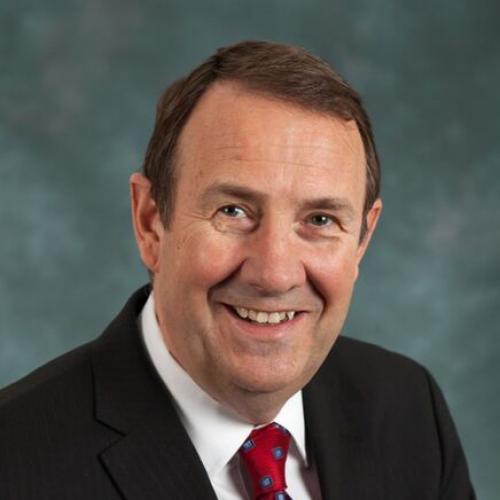
Peter McCarthy
COO North America
Argenta
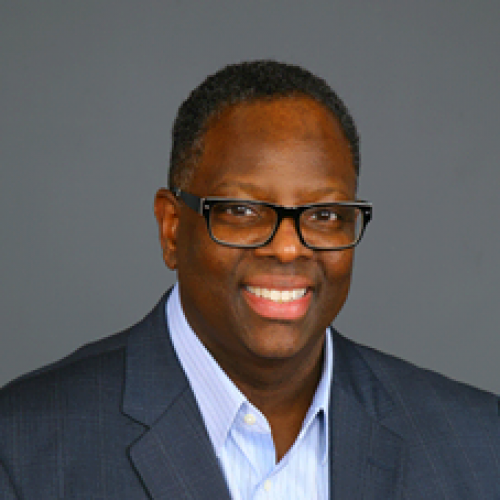
Edward McGruder
Global Head of R&D and Innovation
Argenta

Adrien Malka
Co-Founder and President
healthybud


